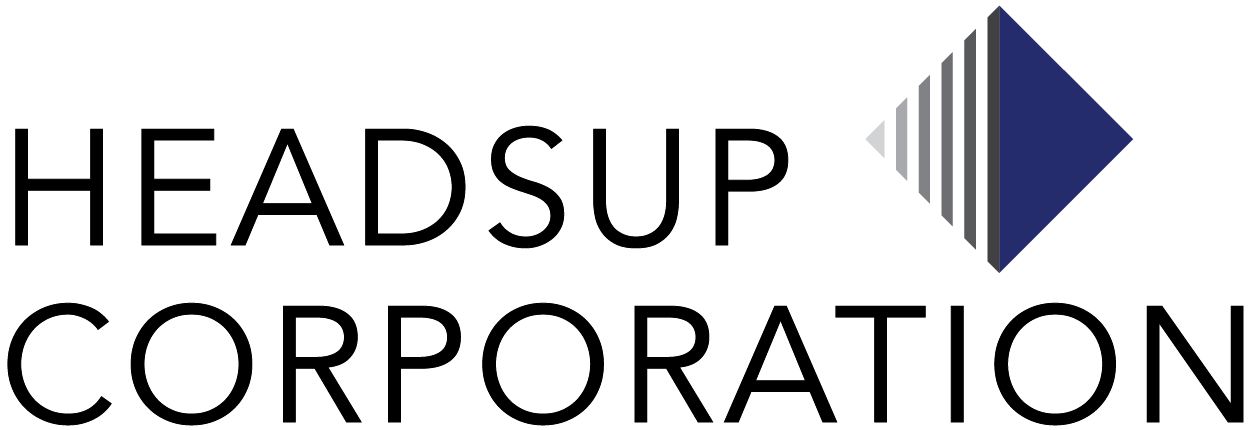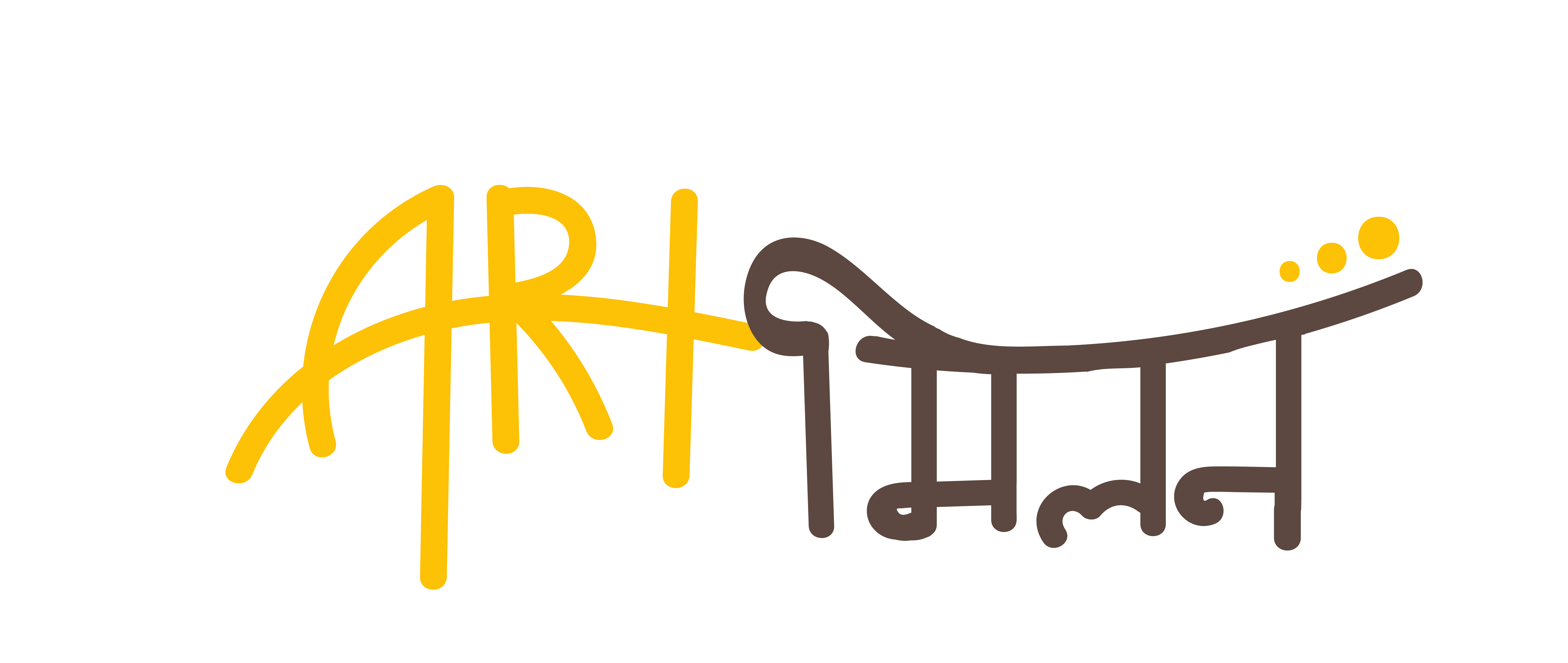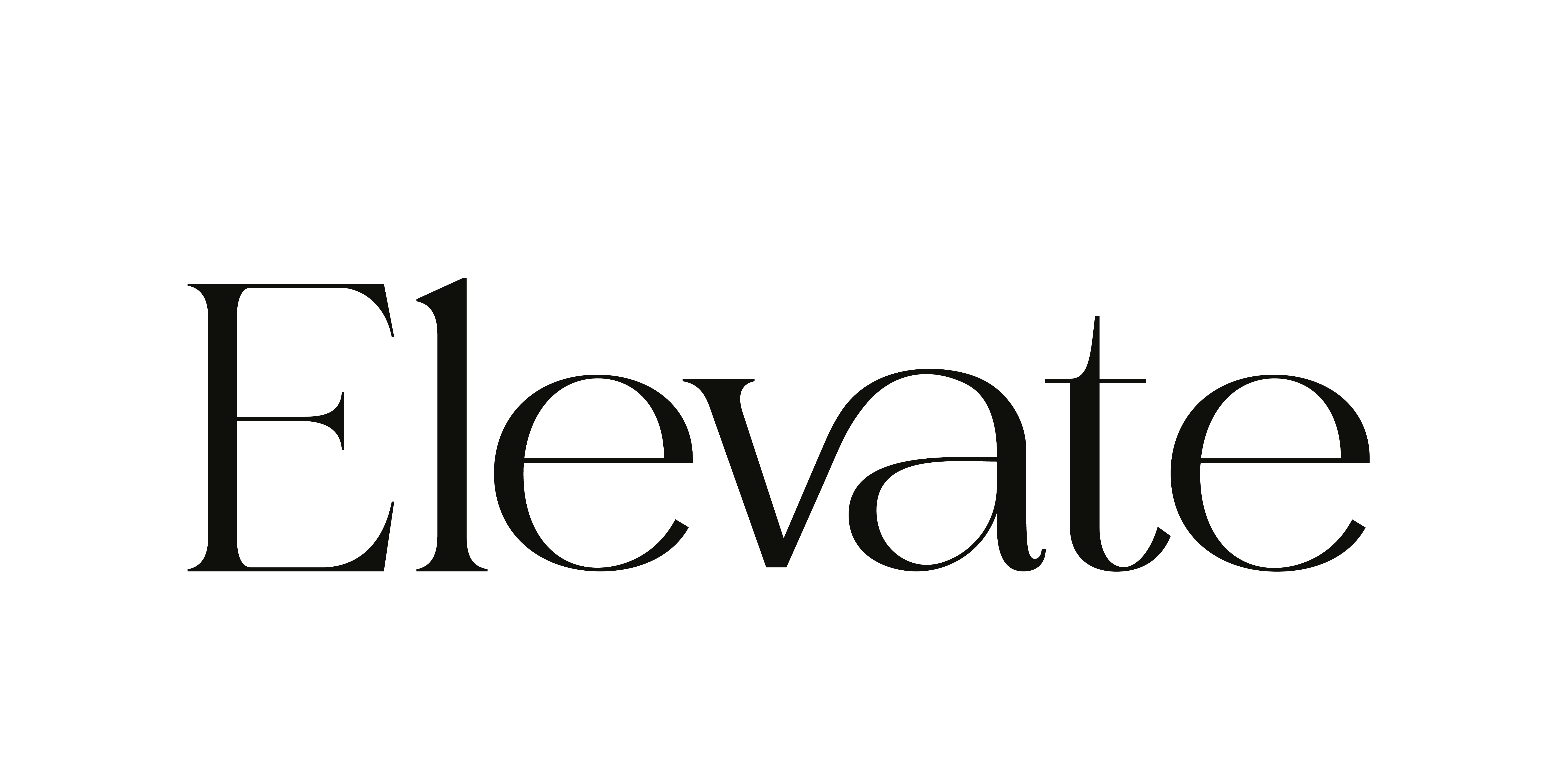In the trajectory of an employee’s journey there are numerous milestone moments. There are milestones that don’t show up in appraisal sheets but matter just as much like a Letter of Recommendation (LOR). It’s not a bonus, it’s not a benefit but it is a badge of respect. A thoughtfully written LOR is more than a nice-to-have; it’s part of an employee’s journey and, in many ways, a professional right. Why? Because when someone’s given their best, helped a team grow, or made tangible contributions it deserves to be acknowledged in a way that supports their future too. And an LOR does exactly that.
Compensation Comes in Many Forms
Let’s rethink compensation. While most people limit it to salaries and perks, there are actually four types of compensation:
- Direct Compensation: Salary, bonuses, commissions.
- Indirect Compensation: Health insurance, leave policies, retirement benefits.
- Non-Monetary Compensation: Growth opportunities, flexibility, autonomy.
- Symbolic Compensation: Recognition, validation, public appreciation—and yes, Letters of Recommendation.
In this context, an LOR becomes a symbolic but impactful form of compensation, one that travels with the employee wherever they go.
How to Write an LOR That Actually Helps?
In this corporate world where employees often leave quietly, an LOR is a lasting acknowledgment of value. It not only boosts careers but also showcases your company’s values.
Start with Purpose and Context
The beginning of any LOR is very important. Begin with how you know the employee, the role they shared with you and most importantly the nature of your working relationship. In this section you can highlight how the employees made a difference and created an impact at the core level. For managers they can showcase what projects they collaborated on, how their cross-functional abilities and soft skills steal the spotlight. This section helps build credibility and gives the future employer a sense of perspective.
Highlight Specific Strengths
Don’t go the “hardworking, punctual, and reliable” route; those adjectives are expected and overused and simply generic. Instead, zoom in on what they actually did. What kind of projects they made a real impact in, if they stepped in to take responsibilities of their teammates and more such stuff. You have to pick 2-3 core strengths and tie them with examples. Think problem solving abilities, leadership traits and ownership mindset.
Show Impact, Not Just Activity
One of the most common oversights employers make is measuring time, not impact. It’s easy to get caught up in tenure but tenure doesn’t always equal value. Imagine two employees: one has been with your company for just six months but has taken ownership of every project, driven outcomes and created real momentum. The other has clocked in and out for 1.5 years, doing just enough to get by. Who truly contributed more? This is why impact matters. Job descriptions tell you what someone was supposed to do. A good recommendation tells you what they actually achieved. Don’t just list responsibilities, highlight results. Because when you focus on outcomes, not just activity, your letter becomes a lot more powerful.
Bring in Personality and Soft Skills
You’re vouching for their character just as much as their capability. Are they empathetic leaders? Reliable under pressure? Great team players? Mention it. LOR is an insight towards actual skills and personality of an employee. A great LOR reads like a mini character sketch, professional, yes, but also personal enough to be meaningful.
End with a Confident Recommendation
The end part is the main bit. You should wrap up on a high note. Your closing lines should leave no doubt that you’re rooting for their success. This section gives you the chance to add end notes and follow up bits. It adds authenticity and shows you mean what you wrote.
Quick Writing Tips:
- Keep it concise: Aim for 400–500 words (one page max).
- Avoid corporate jargon or internal terms.
- Personalise it and no generic stuff and avoid templates or copy-paste jobs.
- Only say what you truly believe, try not to exaggerate.
A Letter of Recommendation isn’t just about the past, it’s about opening up possibilities for the future. It tells a story, validates effort, and strengthens trust. Done right, it becomes a memorable gesture of respect and goodwill and a subtle reflection of the culture you represent.








